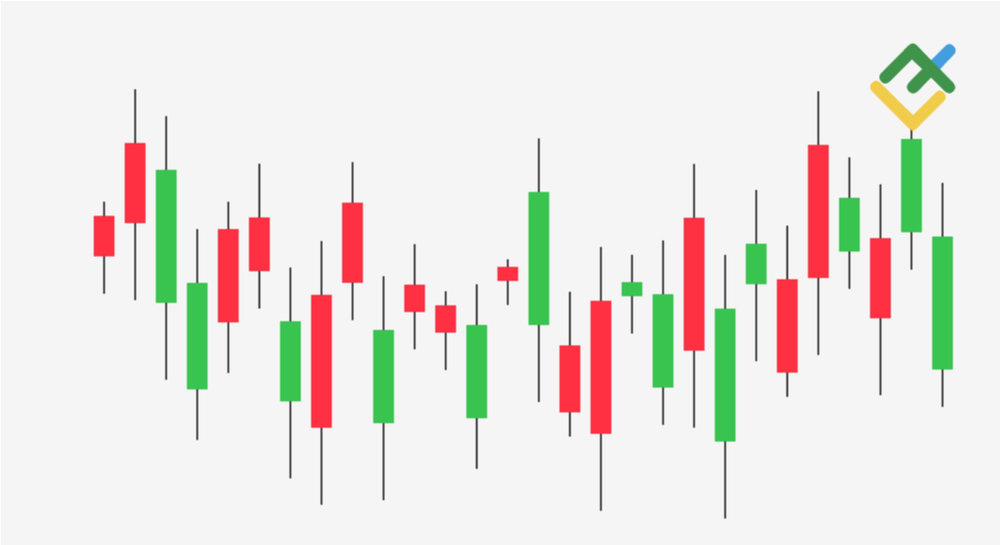Revolut’s dispute with a crowdfunding platform concerning
the sale of its shares escalated into a potential legal battle. The fintech giant reportedly
blocked a discounted secondary share sale involving early investors.
Republic is now threatening legal action, accusing Revolut of restricting their liquidity options, City.AM
reported. The dispute is due to a proposed sale of 10,047
Revolut shares by Jamba Europe, an entity owned by HOF Capital, through the
Republic platform.
The Cause of the Conflict
Jamba agreed to purchase these shares from
over 200 investors for around £4.5 million. However, Revolut reportedly intervened,
changing its articles of association to restrict such sales, according to a
letter from Republic.
The crowdfunding platform has sought legal advice and is
awaiting a response from Revolut. Investors on Republic’s platform have voiced
concerns that Jamba’s offer undervalues their shares. The proposed price of £447.69 per share represents a
32% discount compared to an August share sale facilitated by Morgan Stanley,
which valued the shares at $865.42 each.
Jamba’s offer was reportedly below the bids made by other
investors, some of whom were willing to pay up to £549.93 per share. Republic defended the discounted pricing, claiming it
was the best deal they could secure after multiple failed attempts to arrange
sales due to Revolut’s resistance.
The Long-Standing Tension
This clash is the latest in a series of disputes
between Revolut and early backers seeking to cash out their holdings. Since its
2017 crowdfunding campaign, where Revolut raised £3.8 million from investors on
the Republic platform (then called Seedrs), the fintech has been reluctant to
approve secondary sales.
Republic argued that the sale was compliant with
Revolut’s rules since Jamba had participated in the 2017 fundraise and held
shares through the platform.
However, the handling of Jamba’s offer attracted
criticism from the Republic’s users and scrutiny from the UK’s Financial Conduct
Authority. The platform reportedly canceled the sale in October after
the FCA demanded specific regulatory approval.
Expect ongoing updates as this story evolves.
Revolut’s dispute with a crowdfunding platform concerning
the sale of its shares escalated into a potential legal battle. The fintech giant reportedly
blocked a discounted secondary share sale involving early investors.
Republic is now threatening legal action, accusing Revolut of restricting their liquidity options, City.AM
reported. The dispute is due to a proposed sale of 10,047
Revolut shares by Jamba Europe, an entity owned by HOF Capital, through the
Republic platform.
The Cause of the Conflict
Jamba agreed to purchase these shares from
over 200 investors for around £4.5 million. However, Revolut reportedly intervened,
changing its articles of association to restrict such sales, according to a
letter from Republic.
The crowdfunding platform has sought legal advice and is
awaiting a response from Revolut. Investors on Republic’s platform have voiced
concerns that Jamba’s offer undervalues their shares. The proposed price of £447.69 per share represents a
32% discount compared to an August share sale facilitated by Morgan Stanley,
which valued the shares at $865.42 each.
Jamba’s offer was reportedly below the bids made by other
investors, some of whom were willing to pay up to £549.93 per share. Republic defended the discounted pricing, claiming it
was the best deal they could secure after multiple failed attempts to arrange
sales due to Revolut’s resistance.
The Long-Standing Tension
This clash is the latest in a series of disputes
between Revolut and early backers seeking to cash out their holdings. Since its
2017 crowdfunding campaign, where Revolut raised £3.8 million from investors on
the Republic platform (then called Seedrs), the fintech has been reluctant to
approve secondary sales.
Republic argued that the sale was compliant with
Revolut’s rules since Jamba had participated in the 2017 fundraise and held
shares through the platform.
However, the handling of Jamba’s offer attracted
criticism from the Republic’s users and scrutiny from the UK’s Financial Conduct
Authority. The platform reportedly canceled the sale in October after
the FCA demanded specific regulatory approval.
Expect ongoing updates as this story evolves.
This post is originally published on FINANCEMAGNATES.


